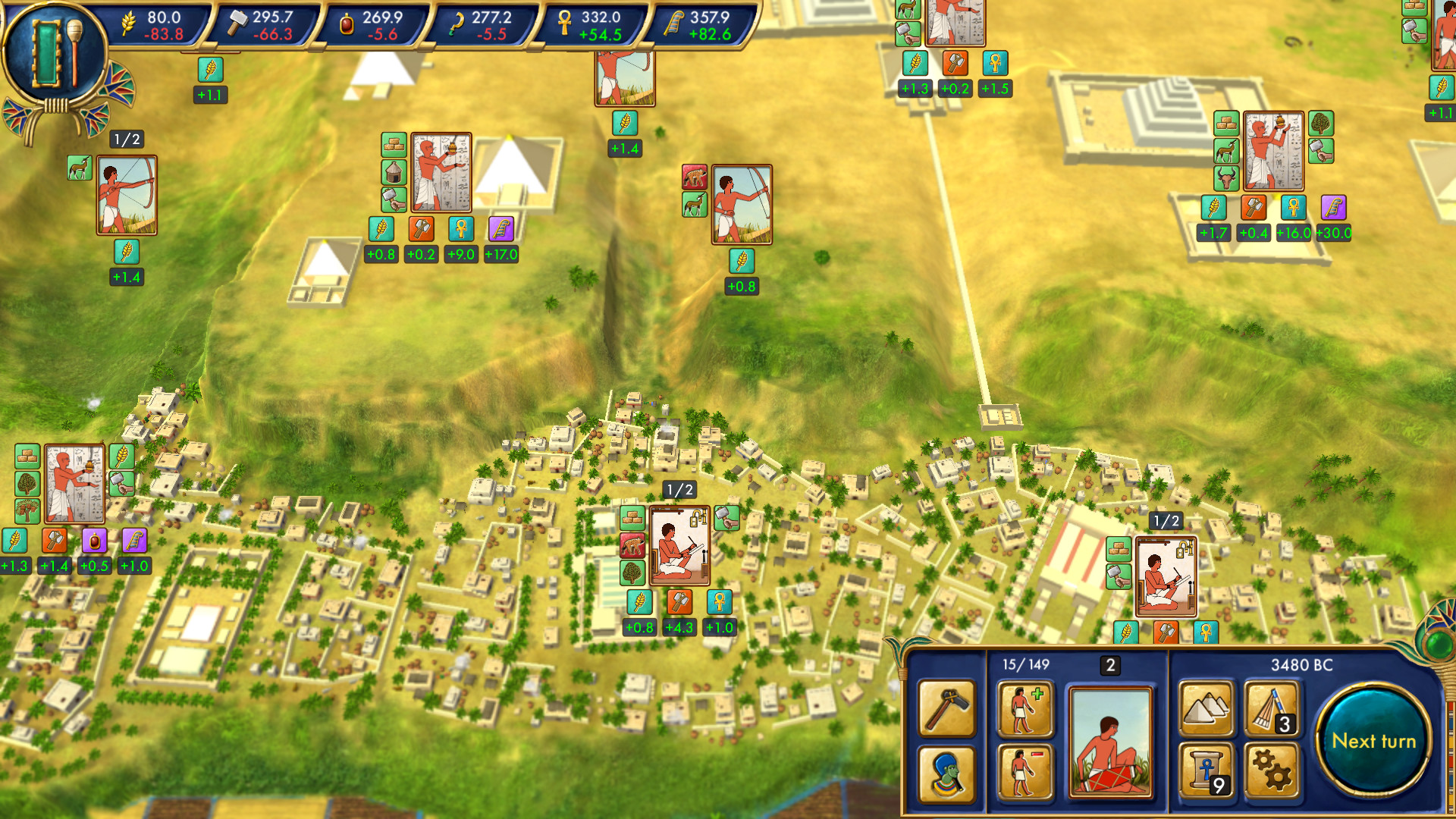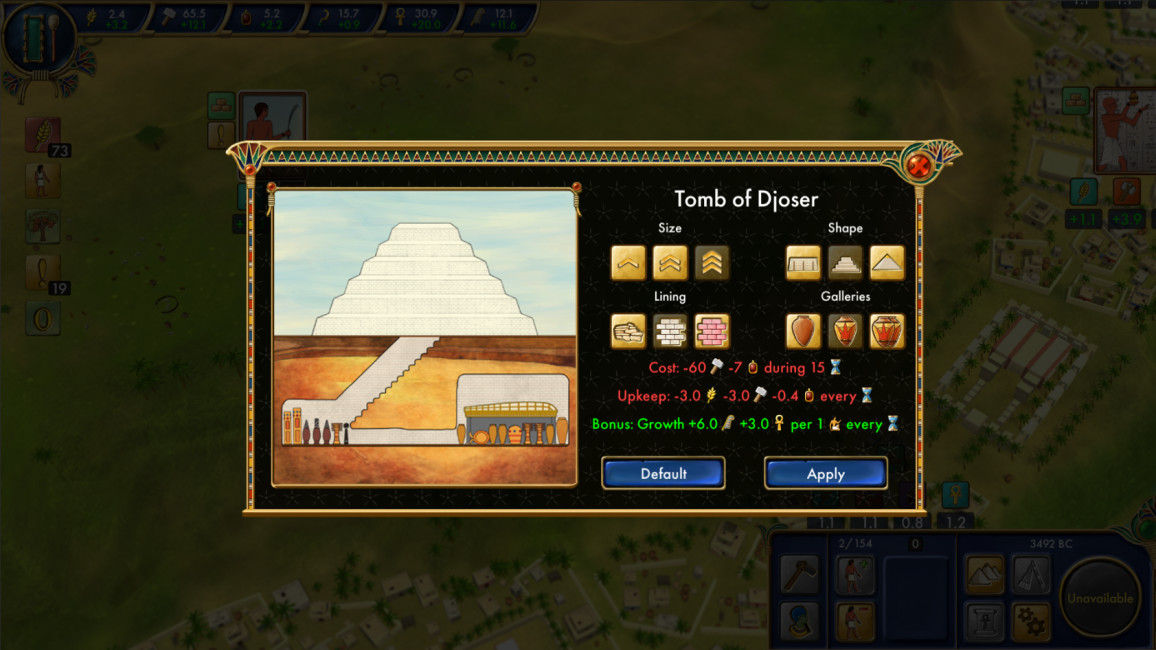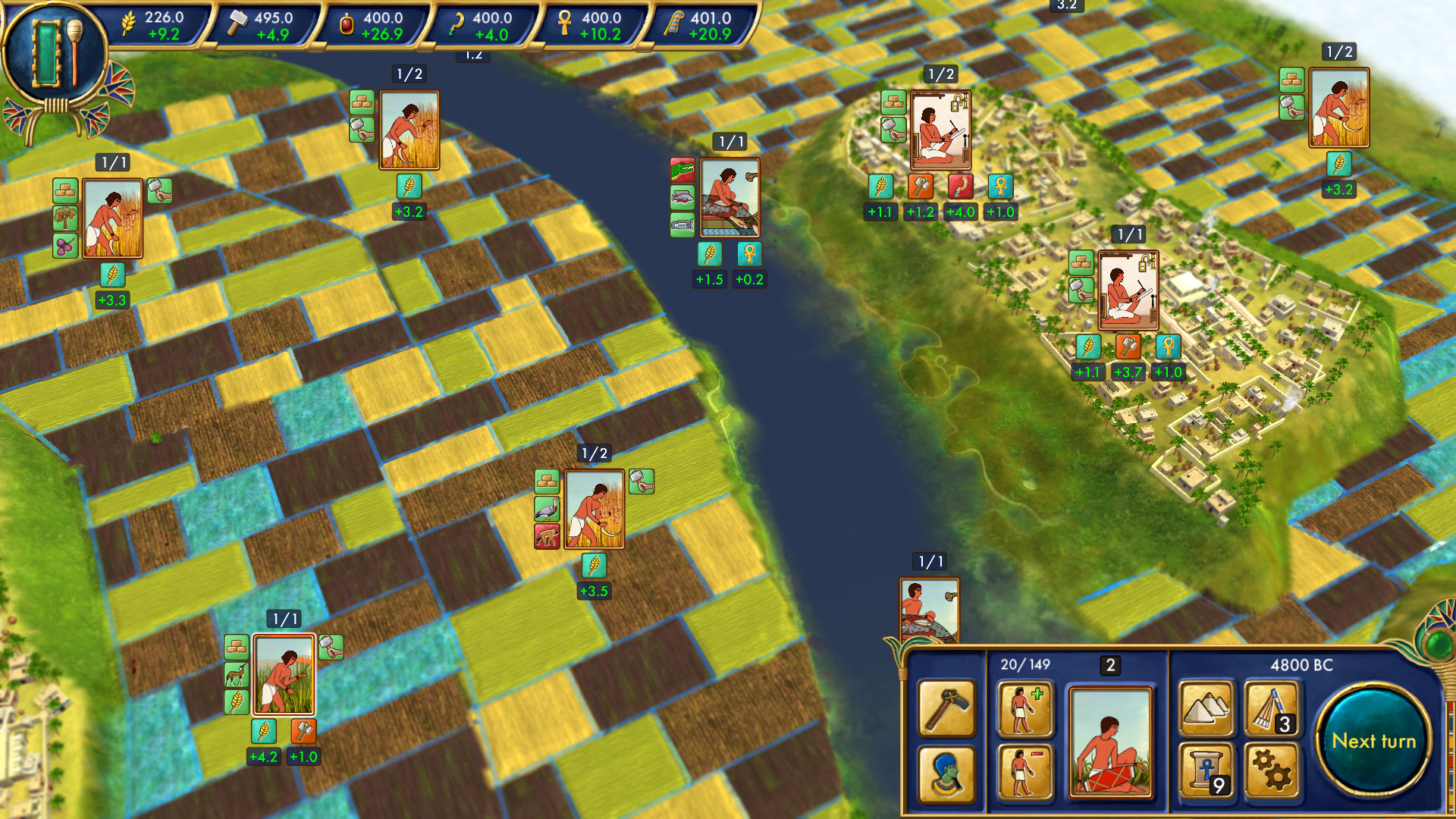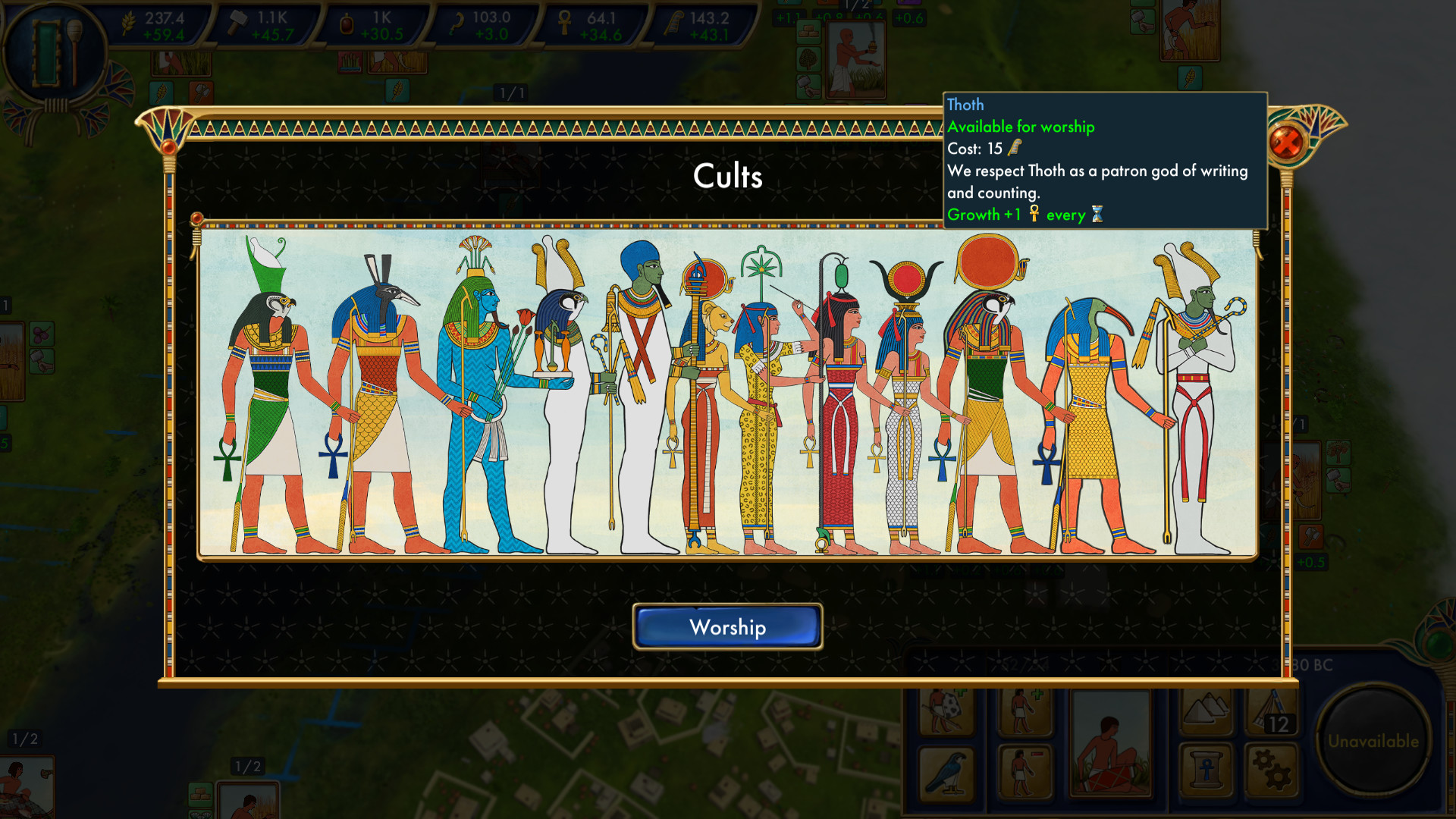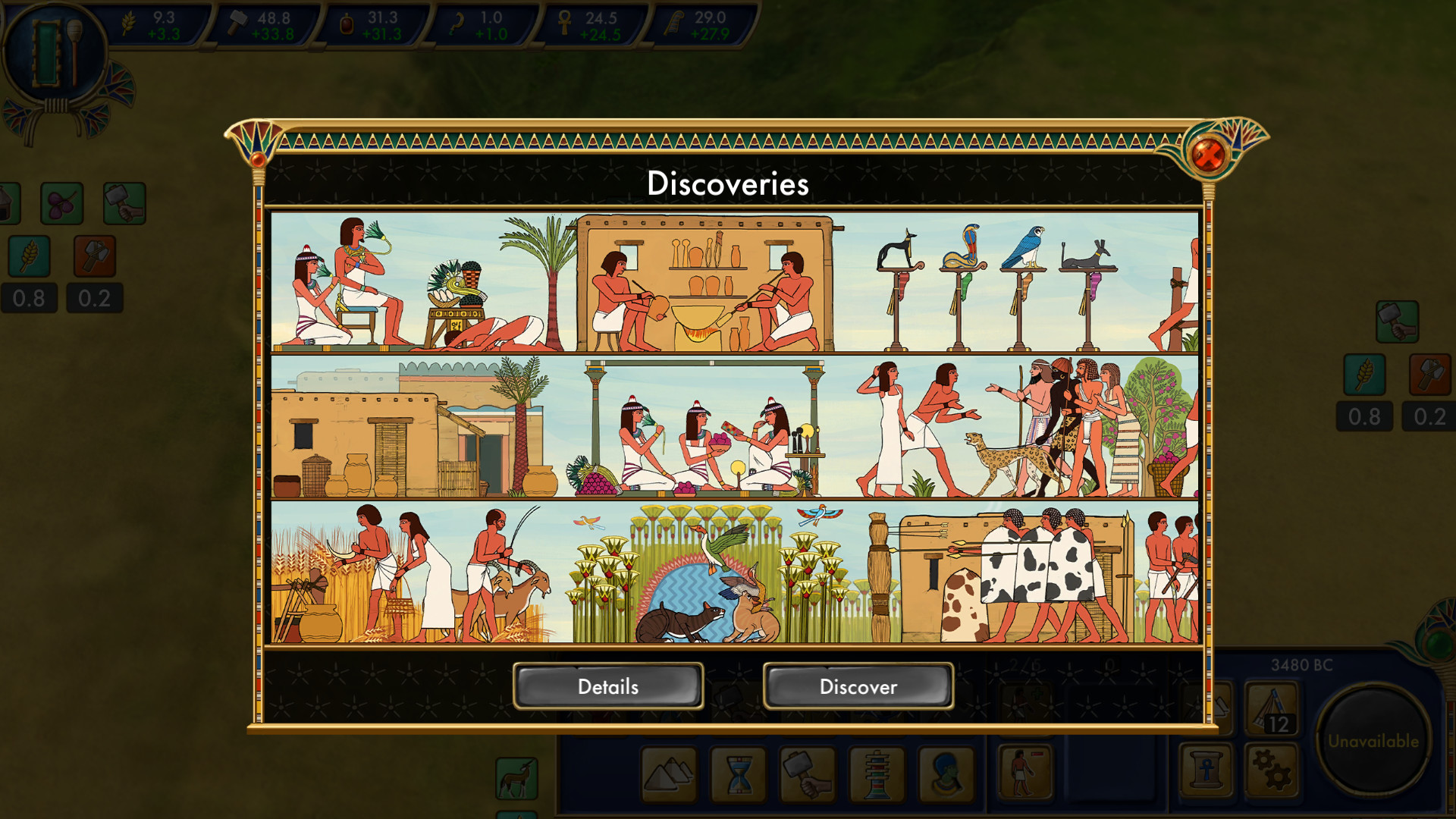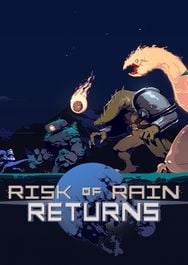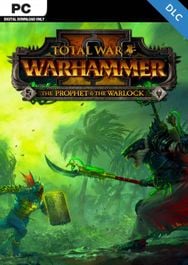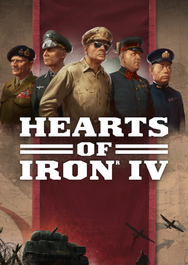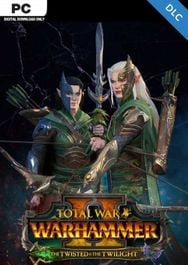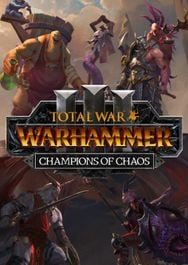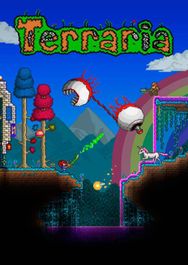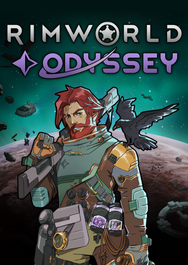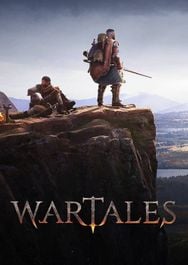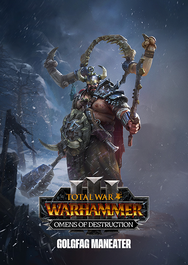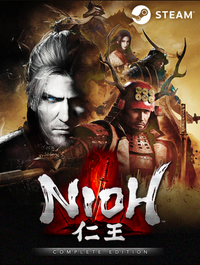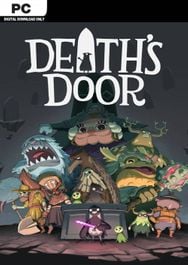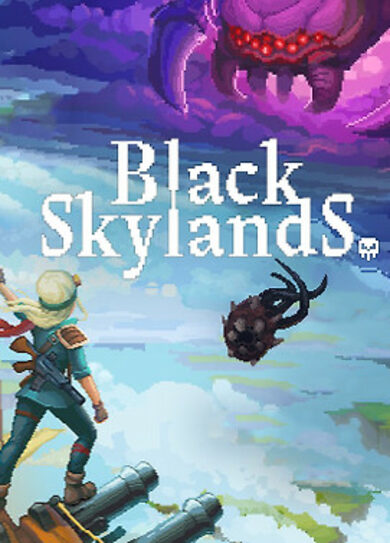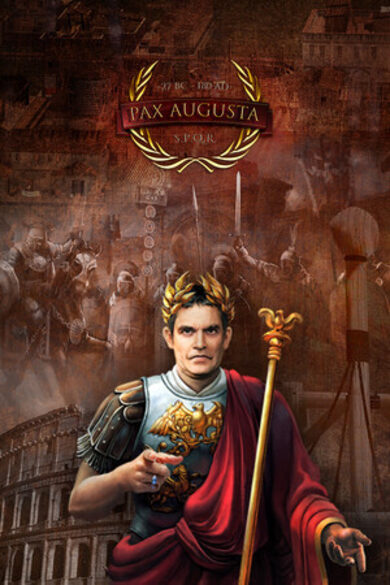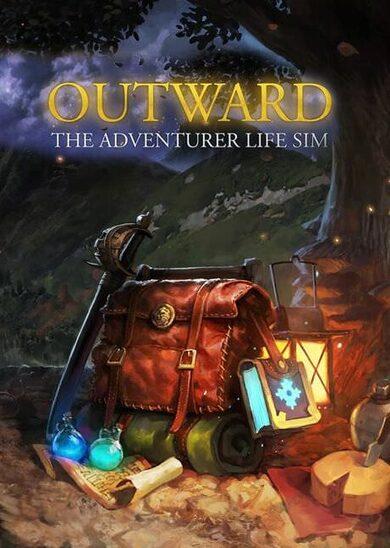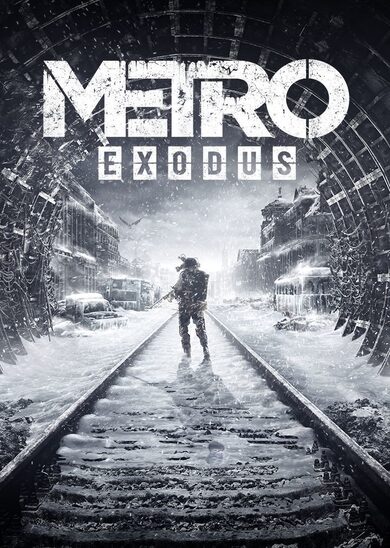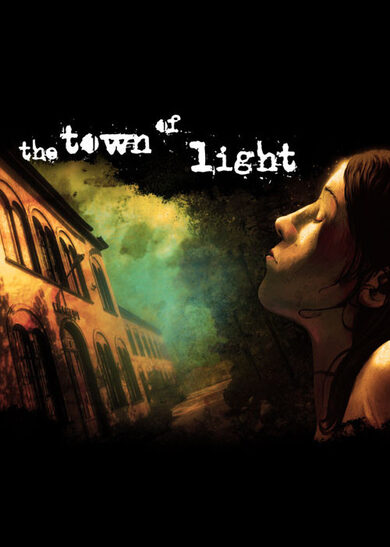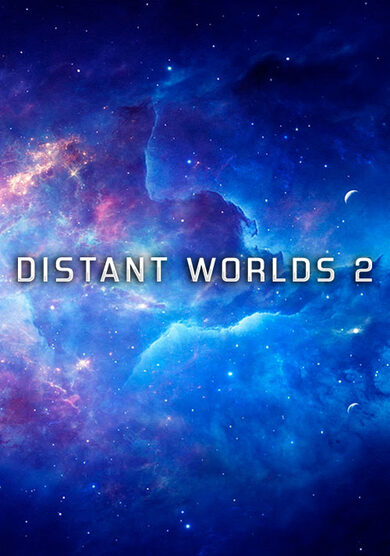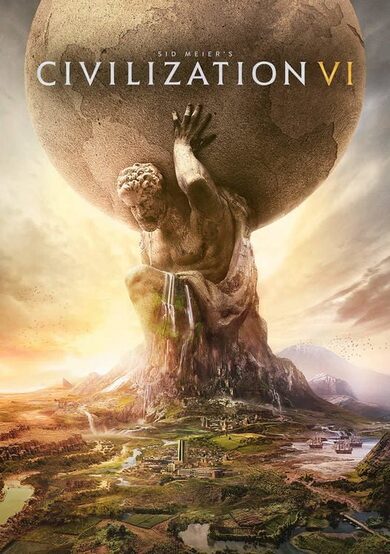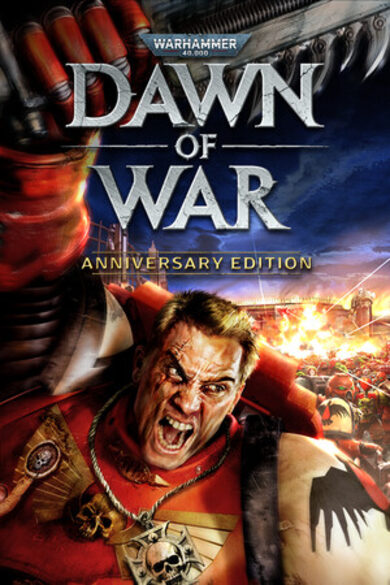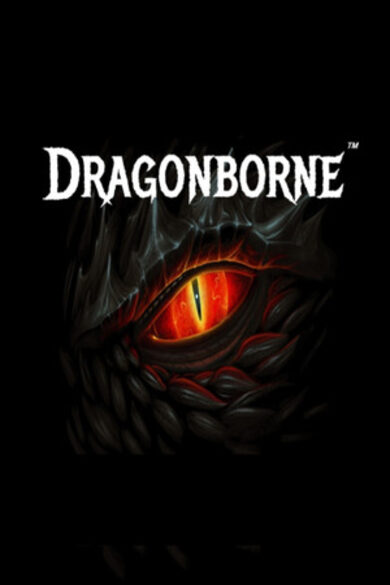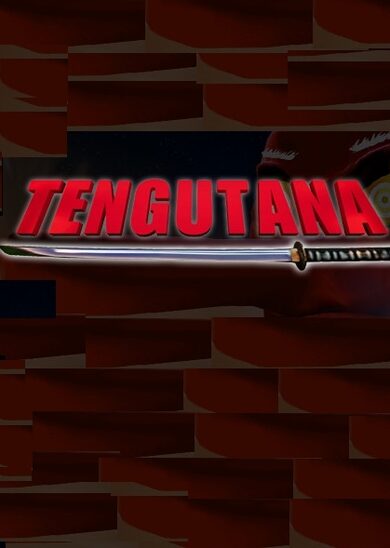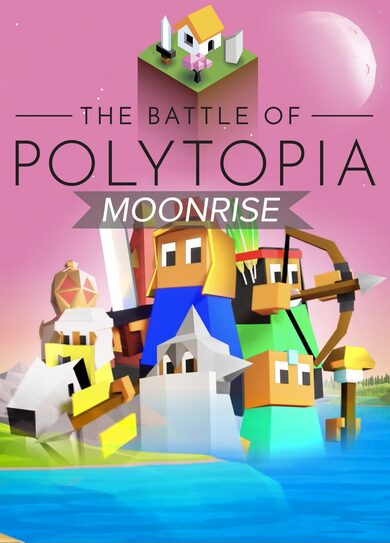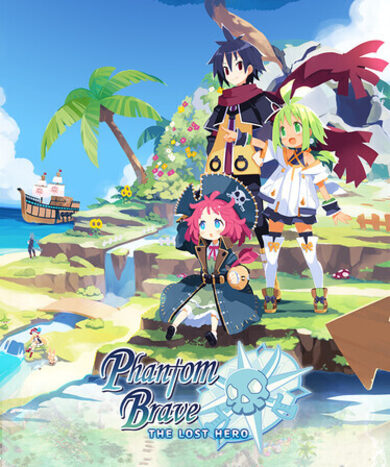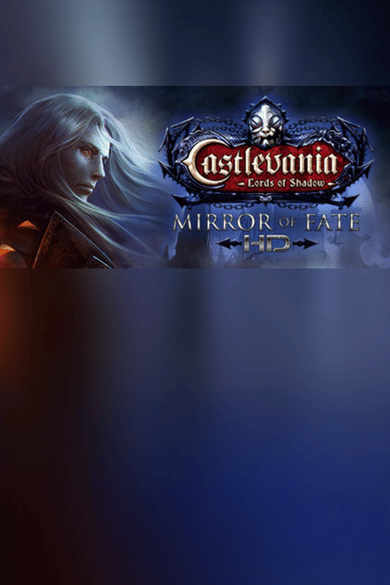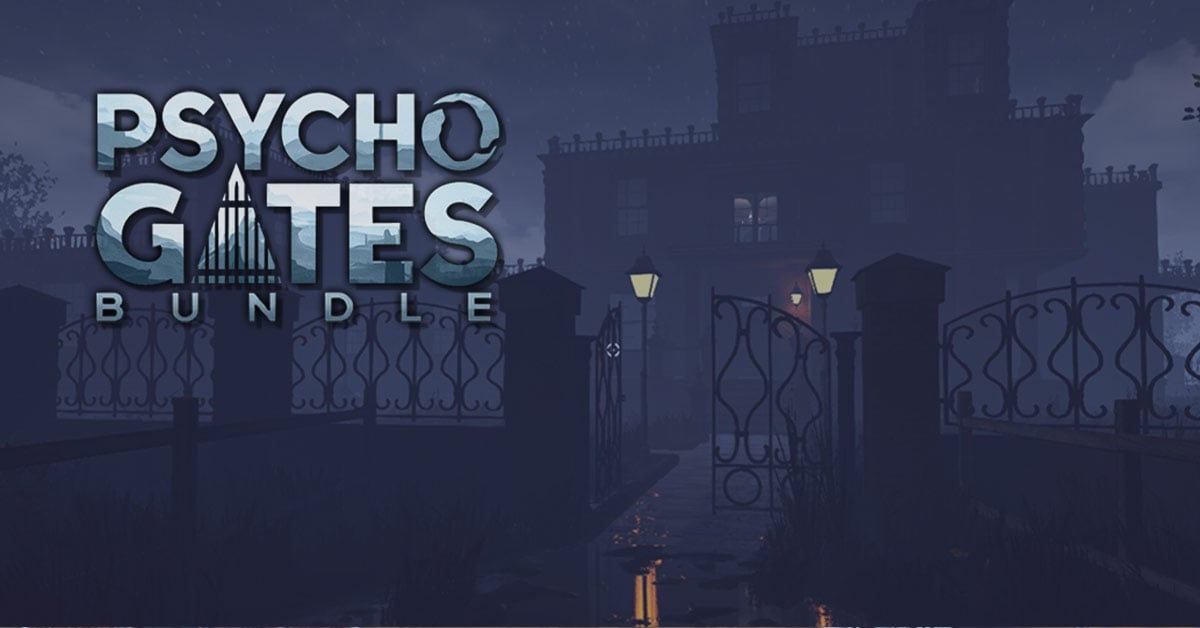Based on real history
You will find yourself in Memphis, 3500-2140 years B.C., the time of the first six dynasties of pharaohs. You will unify the country and create a prosperous kingdom, which later will have to face the havoc of the First Intermediate Period.Construction of the pyramids
You will lead the construction of pyramids, choose their design and materials. This process requires tremendous investments, but it is the only way to keep peace and order in the country.Ancient society simulator
You will not only deal with the problems of farmers and craftsmen but also make important political decisions, which will define the future of the kingdom. Numerous challenges and events of different scale await you.Ancient maps
Discover the world of the Old Kingdom: exploit new lands, send expeditions to different places, and meet different cultures. Use every opportunity to learn about your surroundings and to expand Egypt's borders.Difference from Predynastic Egypt
- More diversity in the game, varied tasks in the regions, different tactics for playthroughs and unique bonuses from patron gods.
- The game is longer now, after the main campaign there is a free-play survival mode.
- New technologies: 3D engine and skeletal animation.
How to turn a history into a game?
Today we’ll try to reply the question we’ve been asked a lot: how do you turn a history into a game? The answer is, by deeply researching Egypt’s history.
To think of it, what kind of deep research is necessary for a strategy game, where you don’t exactly recreate everyday life of a citizen? It’s not like we’re making an RPG, right? Right but not quite. For a strategy like ours, historical research is still very important, because it helps to make the game itself deeper and more interesting, while still keeping it historically correct. Let’s get an example.
Talking about the setting. For a strategy choosing a setting is almost equals to choosing a plot of a game, and the plot should be as interesting and diverse as possible. That’s why it’s important to choose a very well-researched place – without it, there will be no way to collect necessary materials. Looking back to Predynastic Egypt, we had to choose between Hierakonpolis and Thinis. Both of them were big and well-developed centers, but Thinis was destroyed too badly by time, there was not enough data about this city. In the case of Egypt: Old Kingdom Memphis was a much easier choice, being a well-known ancient capital with many data available for us.
Possible location of Memphis
After the place is chosen, we start to do a detailed research on it, collecting as many data as possible for a certain period of time (in our case it is Early Dynastic Period and Old Kingdom period). Every little thing is studied thoroughly in order to immerse the player in the game deeper. We learn about kings’ deeds, their authority, did they properly worship gods or not, did they start any wars or not. We study climate, soil, vegetation, natural disasters of that period. We learn about the appearance of ancient Egyptians, their dress, their food, their houses.
Phragment of a historical database:
Sketches of Ancient Egyptians' appearance:
Little by little, we collect some kind of a database about a chosen period. But this database is not yet ready to become a game. First, we bring these data to the scientists from the Center for Egyptian Study, who help us to make the game historically correct. This part of work has its tricky sides because sometimes scientists do not have a consensus about some questions. For example, Memphis original Egyptian name is “Inbu-Hedj”, which translates as “the White Walls”. Regarding this, there is no consensus about what exactly is “the white walls”? Two versions exist 1. it is walls of king’s palace or 2. It is walls of all funeral complexes in Memphis.
Discussion with scientists:

Instead of taking sides and choosing one of these options for the game, we decided to play safe and let the player decide this and many other controversial issues.
Together with scientists, we choose the most important events, and they become the essentials for the game’s plot.

Some of them are easier for gamification, some harder. Let’s take a look at some cases. One of the challenges players is going to have to bear is the challenge of Egypt Unification. It was an extremely important event for Egypt, after the unification, it became stronger, more solid and more developed, which is essential for following pyramid building era. However, the problem is that the player plays for Memphis, which is in Lower Egypt, but Egypt was unified by the king Khasekhemwy, who was the king of the Upper Egypt! So basically the player has to win the game by “losing” to Khasekhemwy. We had to find a way to let the player realize the importance of unification and to accept it as a “winning” strategy. So in the game player will have to fight those who support the separation, and this is how the goal of Egypt Unification can be reached.
Another example? No problem!
One of our goals and our game’s unique points is that we want to make the player fully experience the life of an Ancient Egypt, we want to make a player think like Ancient Egyptians! In order to do that not only we have to know how exactly they were thinking, but also through the gaming process, we had to put the player in the same conditions as Egyptians had.
In short, Ancient Egyptians strongly believed that if they would not worship their ancestors and gods properly, the country would experience all kinds of disasters. This belief was unconscious and unconditional, that’s why they were building all those funeral complexes, made a sacrifice, trying to please their ancestors. Even cities were built only as a way to please gods and ancestors! They were sure, if they will stop properly worship them, the country will be doomed, because ancestors will stop to protect them.
Inside of tomb:
We wanted to nudge the player to build all these pyramids for the same reasons as Egyptians did, and this is how the stat “Like by gods” appeared. This stat is mostly necessary to worship the gods’ cults, and a player can earn it by working in temples and worshipping ancestors. But what really makes a player feel like Egyptians did is the feature of “Like by gods” stat – it degrades by 0,1 every turn. It happens because people are dying; hence, there are more and more ancestors that must be worshipped. If a player will not pay attention to this stat and it will degrade too much, more and more disasters will start to happen, such as fires, earthquakes, droughts, etc. If will greatly influence the economy and the result of the game.
That’s it for now. If you like this issue and want to know more about historical part of our work, please let us know in the comments! We have a lot more to tell!
Minimum Setup
- Processor: Intel Core 2 Duo 1.8 Ghz or AMD Athlon X2 64 2.0 GhzMemory: 4 GB RAM
- Memory: 4 GB RAM
- Graphics: 1024768. 1 GB VRAM
- Storage: 2 GB available space
Recommended Setup
- Processor: Intel i5 or AMD analoguesMemory: 8 GB RAM
- Graphics: 19201080. 2 GB VRAM
- Storage: 2 GB available space
[ 6365 ]
[ 6598 ]
[ 3185 ]
[ 2507 ]
[ 1655 ]
[ 1040 ]
[ 32822 ]
[ 883 ]
[ 45610 ]
[ 6040 ]

